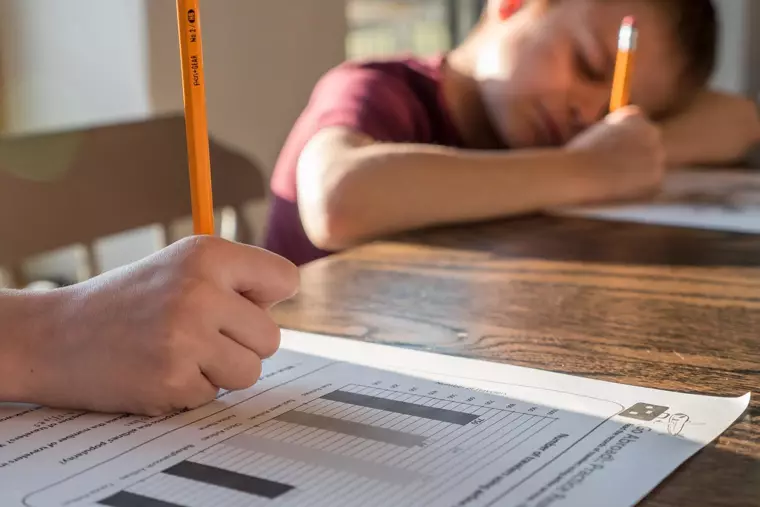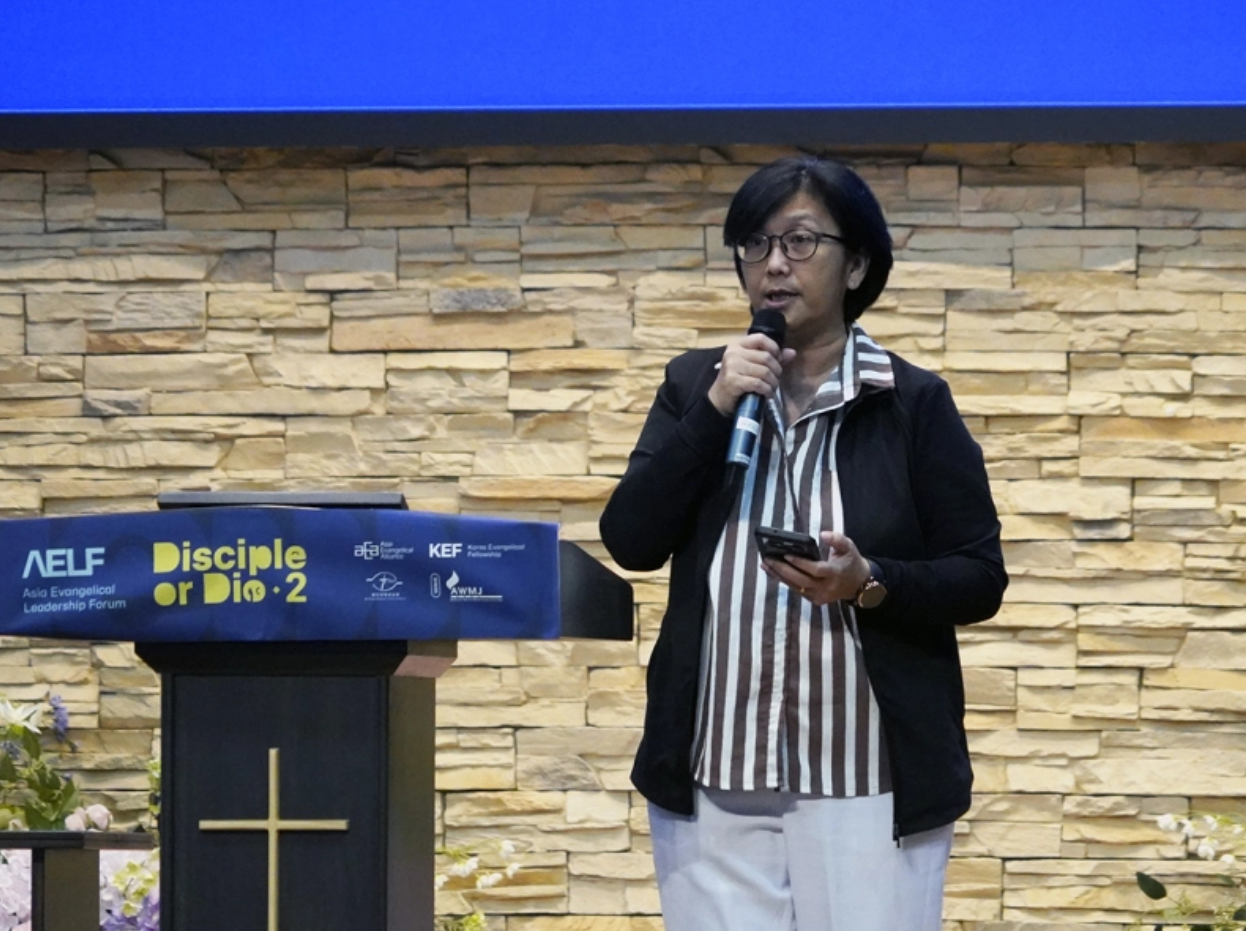Homeschooling saw a 30% increase in 2021-2022 while public school enrollment fell by more than 1.2 million students within the first two years of the COVID-19 pandemic, a recent study has found.
The study from the nonprofit research organization Urban Institute finds that private school enrollment increased by 4.3% between the fall of 2019 and the fall of 2021. Data collected between the 2019-2020 school year and the 2021-2022 school year showed that homeschool enrollment rose by 30%.
The study utilized the annual K-12 private school enrollment counts in 33 states and the District of Columbia. The research said these states are where nearly 80% of U.S. school children resided during COVID. The study also uses estimates of the school-age population in each state as well as data on homeschooling for 21 states and Washington, D.C.
The increase in homeschool enrollment persisted even after many schools returned to in-person instruction.
“Notably, this dramatic increase reflects enrollment during the second full school year under the pandemic, when most schools returned to in-person instruction,” Thoms S. Dee, the Barnett Family Professor of Education at Stanford University, wrote in the study report. “The sustained increase in homeschool enrollment during the pandemic is also large in absolute terms and not simply as a large percentage increase relative to its low prepandemic base.”
“In other words, increased private school enrollment accounts for roughly 14 percent of the decline in public school enrollment, but increased homeschooling accounts for 26 percent,” he added. “Stated differently, for every one-student increase in private schooling during the pandemic, homeschooling increased by nearly two students.”
Steven F. Duvall, director of research for the Home School Legal Defense Association, told The Christian Post that the findings are consistent with other observations regarding COVID-19’s influence on homeschooling.
“We believe that homeschooling is a wonderful way to educate a child and that many hundreds of thousands of families made this same discovery during the pandemic,” Duvall wrote in a statement.
The data shows that the rise in homeschooling varied by state. The smallest increase occurred in North Carolina, where homeschool enrollment grew by 8%. States with larger increases included New York (65%), Pennsylvania (53%) and Florida (43%).
Massachusetts, Rhode Island, Tennessee, Texas and Washington saw private school enrollment increase by 14% between fall 2019 and fall 2021. While the study found that private school enrollment in 27 states appears pandemic-related, enrollment growth was mainly in kindergarten and early elementary grade levels, consistent with the grade-level declines in public schools.
“In particular, the large growth in 2021–22 private school enrollment in first grade is consistent with the hypothesis that some of the many families who avoided public kindergarten in 2020–21 instead chose private schools and remained with that choice,” the study reads.
Nat Malkus, senior fellow and deputy director of education policy at the center-right think tank American Enterprise Institute, told CP that certain behaviors in addition to the pandemic must be accounted for in the data.
Specifically, he said those variables need to be analyzed to determine if the trend surrounding enrollment numbers will continue in the future.
“The question on the long term is, really, what pushed people out and whether homeschooling was a direct response to remote schooling or whether it was something that’s going to be sustainable for a number of families,” he said.
The education policy expert pointed out that a parent’s decision to homeschool their child in 2018, for example, would not be the same as a parent choosing this option during the pandemic, where the emergency situation might have pressed many parents into the decision. He said the amount of time schools maintained remote learning policies correlated with declining public school enrollment rates.
“So, I think the real question is: Are many of these decisions sustainable now that there are so many options for returning to in-person instruction?” Malkus asked.
The school-age population in the U.S. fell by more than 250,000. The study finds patterns showing states losing and gaining children are consistent with changes in the total population. The study also suggested that factors such as kindergarten skipping, unregistered homeschooling and truancy could play a part in the decline in public school enrollment. The study called for further research on the subject.
Malkus emphasized that these factors must be controlled when analyzing changes over a certain period.
“Those population changes have to be accounted for as you’re trying to figure out what changes in actual school enrollments are,” he said.
“You have to separate whether the kids are not going back to public schools or move to private or homeschools, or whether there are just not as many kids there,” he added.
As CP reported, an August report published by the nonpartisan research organization Education Next found that approximately 2 million students left public schools since the beginning of the COVID-19 pandemic and the enactment of remote learning measures.
From 2020-2022, the share of students in public schools declined from 81% to 76.5%, the percentage of students in charter schools increased from 5% to 7.2%, the share of students in private schools rose from 8% to 9.7% and the percentage of homeschooled students rose from 6% to 6.6%.
Samantha Kamman is a reporter for The Christian Post. She can be reached at: [email protected]. Follower her on Twitter: @Samantha_Kamman
Originally published on The Christian Post
(c) The Christian Post, used with permission




